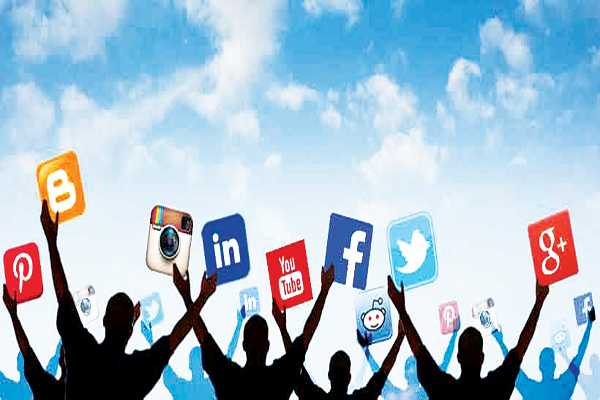African journalists are not free on social media
Social media offers journalists new ways to engage with their audiences, but also opens up new avenues for harassment, including trolling, threats and sexual harassment. These are results which emerge from a survey of African journalists’ use of social media. Initial results, released for World Media Freedom Day, found that almost half of African journalists had been harassed on social media.
frayintermedia conducted an online survey of African journalists’ experiences of social media; 307 journalists responded from 36 countries. The study found that journalists from almost all countries regularly engaged on social media platforms, and 95 percent did so for professional purposes. The overwhelming majority (89 percent) of journalists were required to be on social media as part of their job. Two thirds who used social media had both personal and professional accounts, but many of these used a corporate account.
Of all journalists, 48 percent had been harassed on social media. More Zimbabwean journalists had suffered harassment (67 percent) than those in other countries, while fewer from the Democratic Republic of Congo had (this is not surprising given the low rate of internet access). Slightly more men had been harassed on social media. Both sexes were likely to experience trolling, but more women had been sexually harassed and more men threatened.
Country contexts differ, but it seems that a significant proportion of journalists (29 percent), believed that there were political motives behind the harassment. Cameroonian journalists were often harassed and in 88 percent of cases felt that it was based on the political environment in the country. Nigerian and Mozambican journalists also often believed the harassment was political.
On World Press Freedom Day, we remember the challenges that journalists face in reporting the news. Social media, which offers new avenues to share media, also means more ways they can be trolled, threatened and sexually harassed. Social media may not be a place for free engagement with audiences, but serve to silence journalists.






